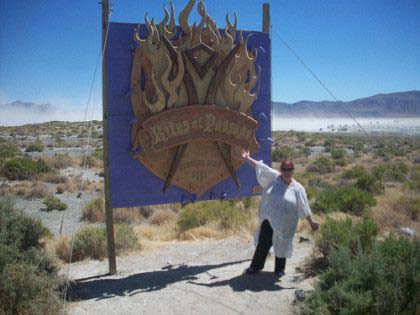A Midlife Grad? Individual Therapy & Rites of Passage 1

Doing individual therapy with many through their life journey often makes me wonder why society doesn’t have a proper graduation ceremony for people passing into midlife.

This might seem like a wonky idea — so let me make it even wonkier! Shouldn’t our society have many more true rights of passage for people moving from one life stage or situation to another?
At this time of year, high school, college and university grads celebrate their particular passages, leading all of us to reflect on the key passages in our own lives.
[hs_form id=”17″]
Life is Many Passages
Many events in an individual’s life are really life passages.
Going through major life transitions actually changes our identity in fundamental ways. We often feel that we are different, and experience life differently as a result.
Other cultures have often done a much better job of recognizing the psychological significance of such life transitions. Indigenous peoples, for instance, often recognize major life transitions by giving the individual a new name.
A Death; A Transitional State; a Resurrection
The famous French anthropologist Arnold van Gennep identified three key stages in rites of passage:

1. Separation: Death to a Former State. Clear recognition that a former way of life, or former status is now dead. Often the rite involves mourning the death of the former individual, as in indigenous cultures, where, in the rite of passage to adulthood, the “death of the child” may be mourned.
2. Transition or “Liminal State”. For a time, the individual lives between the old state and the new state, in transition. It is of psychological importance for the individual to experience this state of “between-ness”. Often this is a time when the individual undergoes trials or ordeals associated with the life transition.
3. Incorporation or Re-Birth. In this third stage, the individual actively takes on the state of new life or identity. As this National Geographic video clip shows, this might be recognized by the community, but fundamentally reflects a key transition within the individual.
We can see these stages in many contexts. At midlife transition , for instance, individuals often experience the death of a more conventional identity; a time of disorientation and uncertainty; and, the gradual birth of a new, much more individual, path in the individual’s life.
Why the Passages Matter
Rites of passage are important for many reasons. In particular, they provide:
1. A context for a major life transition, showing that the event is not chaotic or random, but is a common, natural part of human life; and,
2. Meaning to the life change that is occurring.
If the rite of passage could speak, it might say:
“This is not an isolated event that occurs to you, in a random or haphazard manner. This is a human thing. A deeply significant thing. Perhaps even, in the best sense of the word, a sacred thing.”

Individual Therapy as Passage, & Aid to Passage
For many, individual therapy serves as an aid to major life transitions or passages. It may even turn out to be a kind of rite of passage itself, as a part of the journey towards wholeness.
[cta]
